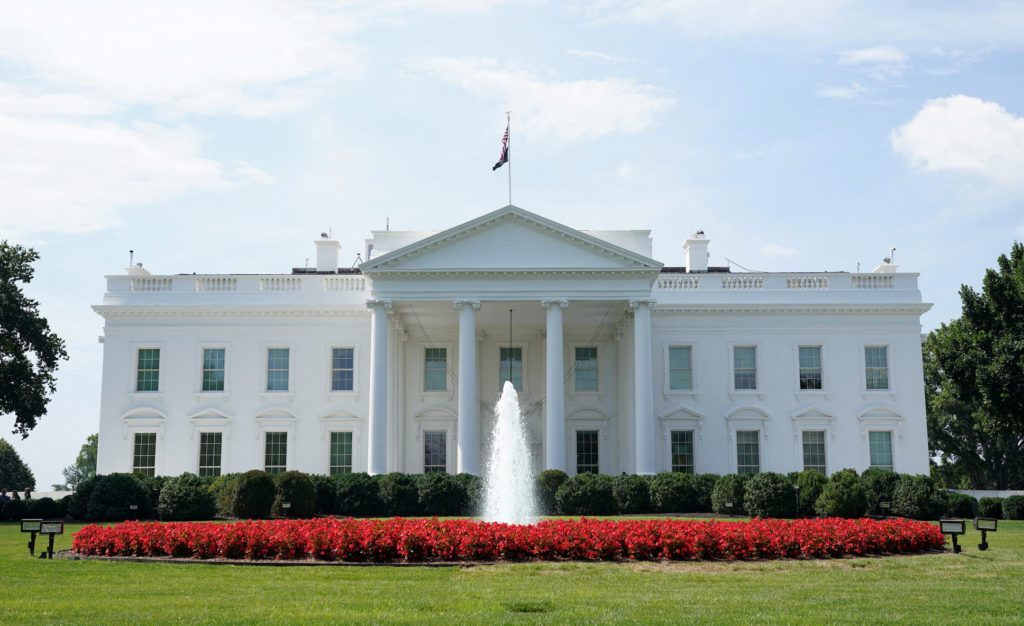The Biden administration is reinstating a task force that is aimed at helping immigrants and refugees integrate into the United States.
The Task Force on New Americans will be run by the Domestic Policy Council and the focus will be workforce training, education and financial access as well as language learning and the health of immigrants who have green cards and other types of legal status, according to the White House.
A version of the task force had been in existence off and on since the mid-2000s, most recently under former President Barack Obama before it lapsed under Donald Trump, whose restrictive policies were aimed at allowing as few migrants into the U.S. as possible.
The Biden administration’s approach to immigration – or more specifically immigrants – is more welcoming; the president has said many times that he feels they enrich the Unites States and make the nation stronger.
There are several ways immigrants come to the U.S.; as a refugee, through programs that allow temporary legal status for certain migrants arriving from war-torn or nations places destroyed by natural disasters, through visas and then applying for a green card, and at the borders, where they come to ports of entry or cross illegally and ask for asylum.
Right now, the administration is grappling with increasingly large numbers at the U.S.-Mexico border and a possible surge following the upcoming end of a COVID-era policy that allowed border officials to turn most migrants away. The Biden administration was using that policy to turn away increasing numbers of Venezuelans coming to the U.S.-Mexico border.
And the U.S. cap on refugee admissions is also up again to 125,000 following deep cuts in the previous administration. That number excludes the roughly 180,000 Ukrainians and Afghans who came to the United States through a different path that moves more quickly than the traditional refugee program but only allows for stays of up to two years.
According to the White House, the task force will look at existing integration policies and programs and work to sharpen them and identify new key areas of need.
Source: PBS.ORG


